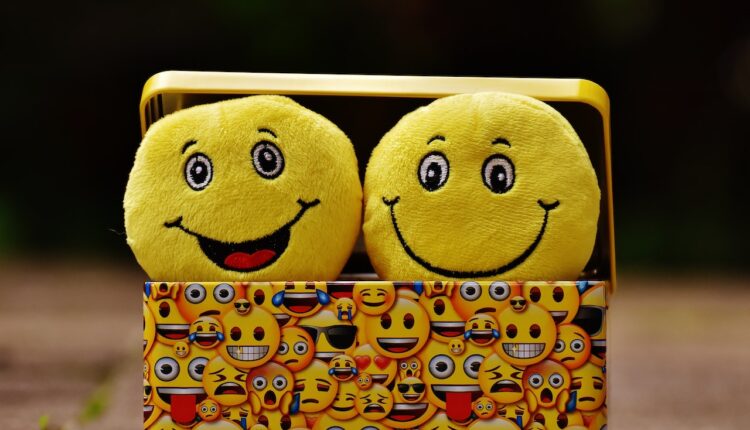Happiness can be found in the darkest of times
“Happiness can be found in the darkest of times,” proclaimed Albus Dumbledore in J.K. Rowling’s beloved “Harry Potter” series. These words have resonated with countless readers and have become a mantra for those facing adversity. But what do they truly mean, and can happiness genuinely be discovered in the depths of despair? In this in-depth article, we explore the profound message behind this quote and examine how individuals can find happiness even when life’s challenges seem insurmountable.
The Resilience of the Human Spirit
At its core, Dumbledore’s statement reflects the indomitable spirit of humanity. It acknowledges our innate capacity for resilience and the ability to persevere in the face of hardship. It suggests that happiness is not solely dependent on external circumstances but is, in part, a product of our mindset and choices.
The Philosophy of Viktor Frankl
To delve deeper into this idea, we can turn to Viktor Frankl, an Austrian neurologist, psychiatrist, and Holocaust survivor. Frankl’s experiences in Nazi concentration camps led him to develop logotherapy, a psychotherapeutic approach centered on the search for meaning in life. His seminal work, “Man’s Search for Meaning,” emphasizes that even in the most extreme suffering, individuals can find purpose and, by extension, happiness.
The Three Pillars of Meaning
Frankl’s philosophy revolves around three pillars of meaning:
- Creative Values:
Frankl argues that humans can find meaning and happiness by creating or accomplishing something, whether it’s a work of art, a meaningful relationship, or a personal achievement. In the darkest of times, individuals can still strive for creative values. - Experiential Values:
Even in suffering, there are moments of beauty and wonder to be found. Frankl suggests that individuals can find meaning and happiness by experiencing these moments, whether it’s a glimpse of nature’s beauty or a simple act of kindness. - Attitudinal Values:
Frankl emphasizes that individuals have the power to choose their attitude toward suffering. This choice can transform their experience of adversity and lead to a greater sense of meaning and, ultimately, happiness.
Resilience and Post-Traumatic Growth
Psychologists have explored the concept of post-traumatic growth, the idea that individuals can emerge from traumatic experiences with a greater sense of purpose, resilience, and happiness. While adversity is undeniably challenging, it can also serve as a catalyst for personal growth and positive change.
Strategies for Finding Happiness in Darkness
Practice Gratitude:
Gratitude can shift your focus from what you lack to what you have. Regularly acknowledging and appreciating the positive aspects of your life can foster happiness even in difficult times.
Connect with Others:
Building and maintaining meaningful relationships can provide support and a sense of belonging. Connecting with others can be a source of joy and comfort during challenging periods.
Pursue Meaningful Goals:
Setting and working toward meaningful goals can provide a sense of purpose and accomplishment, even in adversity.
Cultivate Mindfulness:
Mindfulness practices, such as meditation, can help you stay grounded in the present moment, reducing anxiety about the past or future.
Seek Professional Help:
If you’re struggling to find happiness in dark times, don’t hesitate to seek the assistance of a mental health professional. They can provide guidance and support tailored to your unique circumstances.
Conclusion
“Happiness can be found in the darkest of times” is not a simplistic platitude but a profound recognition of the human spirit’s resilience and capacity to find meaning and joy, even in the face of immense suffering. While adversity may cast a long shadow, it can also serve as a backdrop against which the light of happiness shines all the more brightly. The key is to embrace the philosophy that happiness is not solely dependent on external circumstances but is, to a significant degree, a product of our attitudes, choices, and the meanings we create in our lives.

